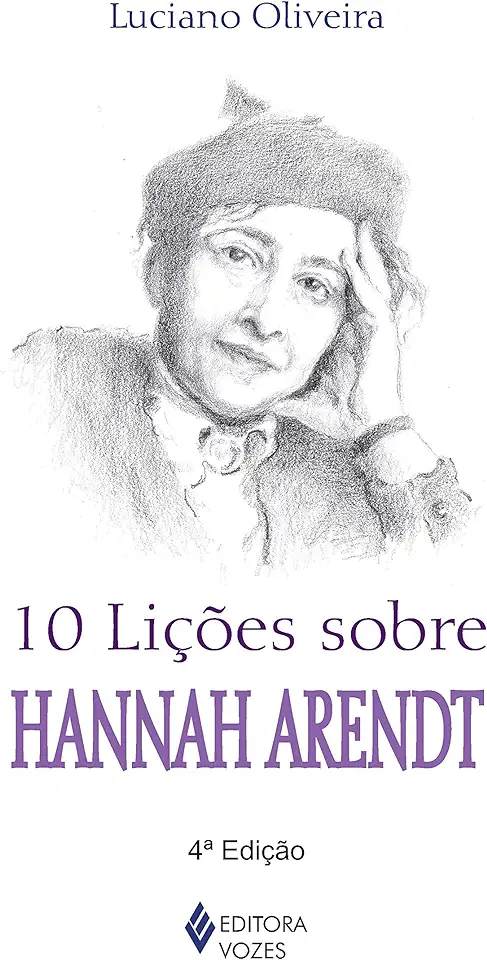
10 Lessons About Hannah Arendt - Luciano Oliveira
10 Lessons About Hannah Arendt: A Guide to Her Life and Philosophy
Introduction
Hannah Arendt was a German-American political theorist and philosopher who is considered one of the most important thinkers of the 20th century. Her work has had a profound impact on our understanding of politics, ethics, and human nature.
In this book, Luciano Oliveira provides a comprehensive introduction to Arendt's life and philosophy. He explores her key ideas, including the nature of power, the importance of freedom, and the dangers of totalitarianism. Oliveira also discusses Arendt's personal life, including her experiences as a Jewish woman in Nazi Germany and her relationships with other intellectuals, such as Martin Heidegger and Mary McCarthy.
Arendt's Life
Hannah Arendt was born in Hanover, Germany, in 1906. Her father was a successful businessman, and her mother was a former opera singer. Arendt showed a talent for philosophy at an early age, and she went on to study at the University of Marburg and the University of Heidelberg.
In 1933, the Nazis came to power in Germany. Arendt, who was Jewish, was forced to flee the country. She went to France, where she worked for a Jewish relief organization. In 1941, she escaped to the United States, where she lived for the rest of her life.
Arendt became a naturalized American citizen in 1951. She taught at several universities, including the University of Chicago, the University of California, Berkeley, and the New School for Social Research. She also wrote extensively for magazines and newspapers, and she published several books, including "The Origins of Totalitarianism" (1951), "The Human Condition" (1958), and "Eichmann in Jerusalem" (1963).
Arendt died in New York City in 1975. She was 69 years old.
Arendt's Philosophy
Arendt's philosophy is complex and multifaceted. However, some of her key ideas include:
- The nature of power: Arendt argued that power is not something that is possessed by individuals or groups. Rather, it is a relationship that exists between people. Power is the ability to act in concert with others to achieve a common goal.
- The importance of freedom: Arendt believed that freedom is essential for human flourishing. She argued that freedom is not simply the absence of constraints. Rather, it is the ability to act in accordance with one's own will.
- The dangers of totalitarianism: Arendt warned of the dangers of totalitarianism, which she defined as a system of government that seeks to control every aspect of human life. She argued that totalitarianism is a threat to human freedom and dignity.
Arendt's Legacy
Arendt's work has had a profound impact on our understanding of politics, ethics, and human nature. She is considered one of the most important thinkers of the 20th century, and her work continues to be read and studied by people all over the world.
Why You Should Read This Book
If you are interested in learning more about Hannah Arendt and her philosophy, then this book is for you. Luciano Oliveira provides a comprehensive introduction to Arendt's life and work, and he does so in a clear and engaging way. This book is a must-read for anyone who wants to understand the 20th century and its impact on our world today.
Conclusion
Hannah Arendt was a brilliant thinker who made a significant contribution to our understanding of politics, ethics, and human nature. Her work is essential reading for anyone who wants to understand the 20th century and its impact on our world today.
Enjoyed the summary? Discover all the details and take your reading to the next level — [click here to view the book on Amazon!]